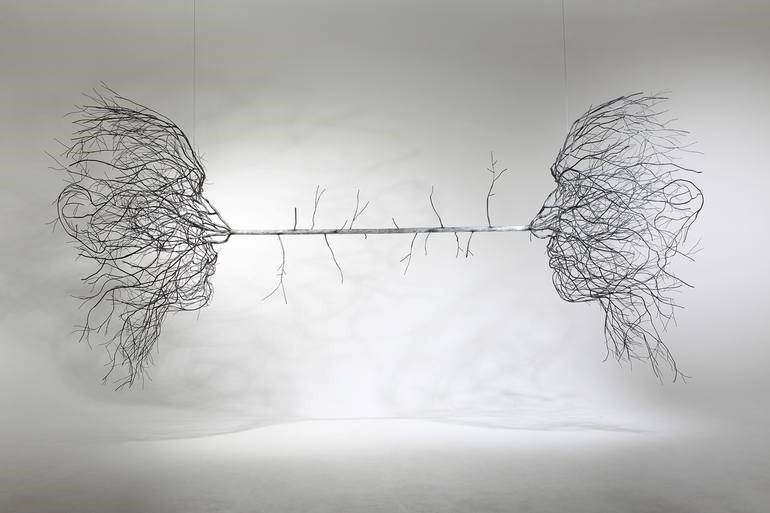Thank you, Mora Kaufmann, for such a fundamental and important question!
In this answer, I hope to show why, as a philosopher, I can’t help but consider myself an anarchist.
Let me premise what is to follow by saying that this is a very dangerous question for me and for many others on this blog. It is dangerous because if someone were to answer it exhaustively, then philosophy would be done, finished. I could then forget my degree and start looking for another job, which in this economy I should perhaps be doing anyway. (Un)fortunately there is no danger of me (or anyone else, I am afraid) giving such an answer. I hope you’ll enjoy it, nonetheless.
So, by now, you should have figured out the short answer to your question: honestly, I don’t know, we don’t know. But, as always, there remains something interesting to be said.
It is in the work of Hannah Arendt that, I believe, we find the most interesting take on truth, inspired by Socrates. Plato, one of Socrates’ students, was obsessed with the distinction between opinion (doxa), which for him was worthless, and Truth, with a capital ‘T’. Socrates himself thought otherwise: understanding that we can never really reach the truth, Socrates thought that doxa was very important.
Given that the true nature of things is beyond our reach, doxa is crucial: it is each individual’s way of encountering the world. Opinion, indeed, comes from the Greek word ‘ops’, which means ‘eye’. Opinions are but the way we see the world from our own vantage point; opinions, thus understood, are really all that we have. It was in light of this realization that Socrates came to believe that the philosopher was the most important of all citizens: by discussing things with his fellow citizens, the philosopher had the crucial role of showing people that whatever they believed was just an opinion, and that other people from their respective vantage points were bound to have different perspectives, different opinions.
Why, then, must the philosopher who thinks that there is no Truth be an anarchist? Because by exchanging opinions with others, such a philosopher lets everyone else, if not wear each other’s shoes, at least come to accept that we all wear different shoes. More importantly, however, the task of the philosopher is to show that while we may have different point of views, they will always be about one and the same world, a world which we all inevitably have in common. A world where we understand this is a world where we understand each other, where controversy is transformed into friendship. A world where philosophers do their job is a world where all are friends, where no justice is needed, and thus no power; and where there is no power, there is no oppression – an-archia.
What do you think? What is the nature of truth? Let us know in the comments.
And, as always, if you have a question for the Armchair Philosophers, don’t hesitate to get in touch. You could send us a message or fill in this form.
Be sure to check out our podcast!
If you like what we do, you can support us by buying us a coffee!
Image: The vague truth Sculpture, by Sun Hyuk-Kim (credit)
I did a BA in Philosophy and Politics at the University of Exeter, and I am now pursuing an MA in Philosophy at the New School for Social Research, New York. I have read a lot of Nietzsche and I have studied Philosophical Anthropology for a while, but I am now focusing on Gender Studies. I am also interested in Ancient Greek philosophy, and I study Ancient Greek. My favourite philosophical idea is Nietzsche’s concept of life-affirmation and his critique of Christianity. I also like provocative texts like Valerie Solanas’ SCUM Manifesto.

